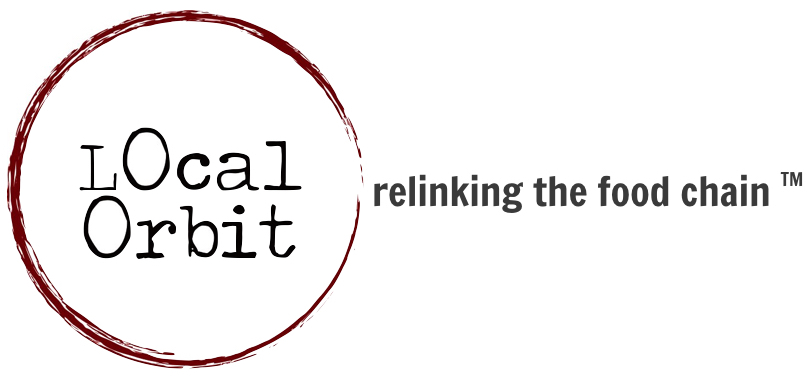At events and in meetings, and through the rich pool of applicants we’ve had for recent job openings, we’re seeing a growing number of young people grappling with seemingly intractable food systems problems – with greater depth and awareness of the complexity – and with optimism. It’s a noticeable shift from more idealistic, binary perspectives on local vs. global we saw a few years ago. And it’s a reflection of the new talent and ideas that will continue to drive positive change in the food chain.
We were impressed with Austin Miles’ thought provoking article about sustainability and scale, which ran in Ohio University’s student newspaper, The Post. Austin’s piece, excerpted below, acknowledges that no measure of distance, no simple definition of local or global, is an indicator of either inherent sustainability or environmental degradation.
Southeast Sustainability: Local food systems are not inherently sustainable
“Over the past half century or so, agriculture increasingly has become a consolidated entity. Farming now is predominately industrial, mostly done by machines and focused on increasing production. It has been transformed into a business, focused on profit and yields, ignoring potential externalities such as the destruction of soil biota, soil erosion, or the pollution of rivers, lakes and the ocean.
Just as the environment suffers from that system, people suffer as well. The rise of agribusiness has brought about an increase of environmental injustice, food insecurity and oligarchical decision-making structures.
With the transformation of agriculture into agribusiness came the globalization of the food system. Globalization helped facilitate that transformation, so naturally, it’s an opponent to an industrial capitalist food system. It champions the local food movement as the antidote and the solution to the problem of agriculture. According to many proponents of that movement, regional food systems and food sovereignty are the end goal, which will result in sustainable agriculture. Conversely, a globalized food system is poison for the earth.
That perception is exemplary of the local trap, a tendency to assume an inherent quality about the local scale. In this case, the assumption is that a local food system inherently is sustainable, while a globalized food system inherently is capitalist and mechanized, and therefore unsustainable. Neither is the case. Scale does not have any inherent qualities. A globalized food system may not necessarily be capitalist or employ unsustainable practices, while agribusiness potentially may operate on a local scale.”
Continue reading, here.

